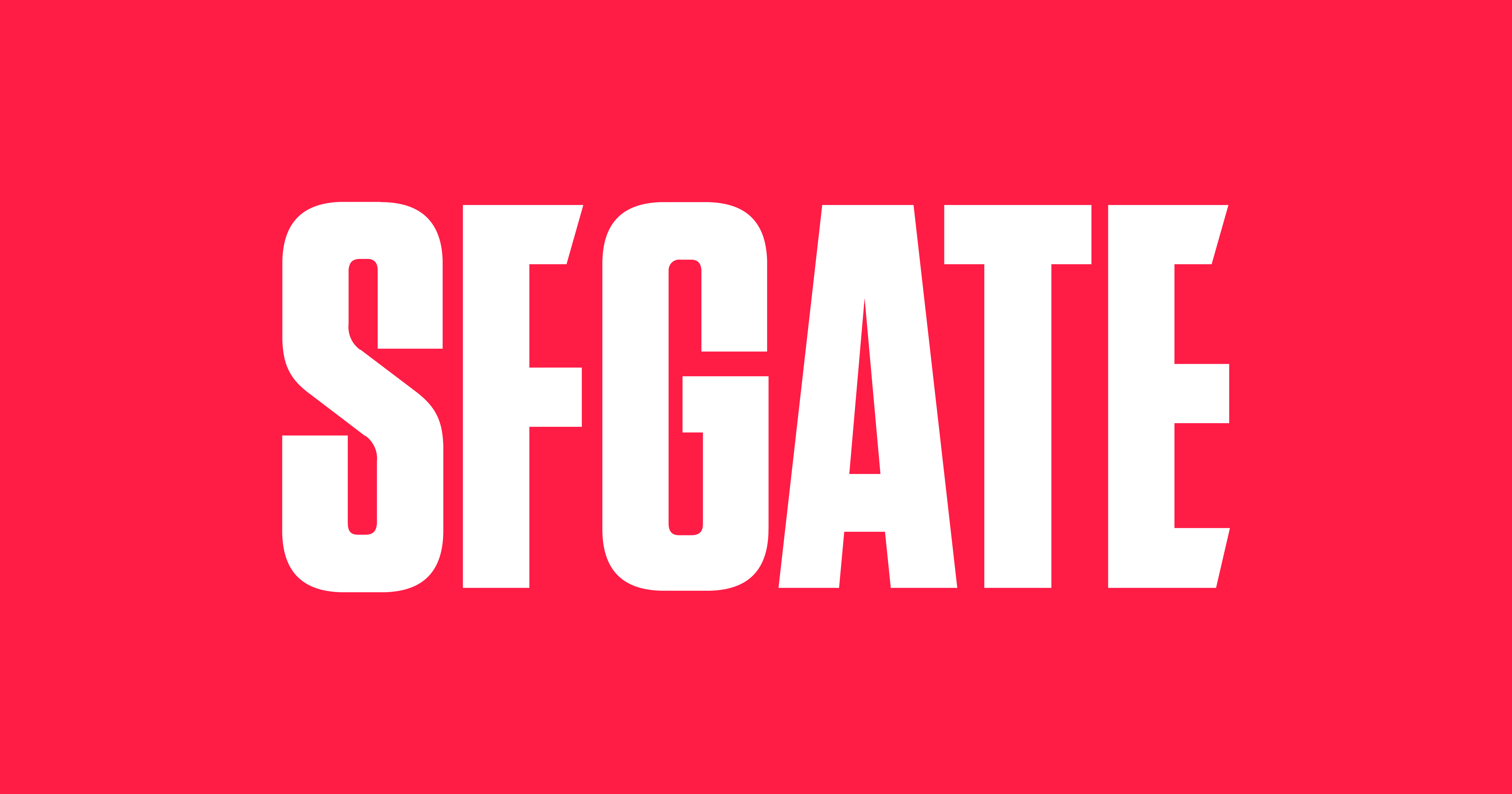
Since October 2021, your article reports that due to the expansion of sports bets and online casino betting, Connecticut took in $45 million. At first glance this sounds like a win-win for everyone, no pun intended: gamblers enjoy betting on sports using just their phones or computers, the state rakes in revenue. This would seem to justify the decision to expand online and in-person sports betting.
The problem is this: The social costs which inevitably arise from gambling addiction are hidden. According to the National Council on Problem Gambling (2022), $7 billion is spent annually for gambling addiction for what it calls the “social costs” of addictive gambling. As is the case with alcohol and drug addiction, gambling addiction perpetuates criminal activity, job loss, family trauma and health care costs. As is the case with drug and alcohol addiction, most addicts are from low-income populations and communities, and so-called broken homes. The psychological response to compulsive gambling is almost identical to that of drug/alcohol addiction. The long-term effects of gambling addiction not only impact the addicted individual and her/his family, but financially impact the state far more than $45 million.
Sports betting facilities and sports betting corporations like FanDuel and BetMGM pay lip service to problem gambling in ways that are laughable. Last year FanDuel took in $1.9 billion. Online/easy gambling has infected every major sport, even golf, in which odds are posted for every conceivable type of wager. Sports celebrities are paid to appear in advertisements that target 20-somethings, enticing them with sucker bets (parlays, over/unders) that will “pay big!”. Sports betting corporations have one objective: to make enormous profits, predicated on their customers losing as much money as possible, with no concern for the likelihood of nurturing serious gambling addiction and subsequent chaos.
Not everyone who buys a lotto ticket or bets on a football game has a gambling addiction. For many people, a wager on a game or Powerball is harmless fun. For many other people, gambling is the focus of every day. Jobs, family, criminal activity all take a back seat to the voracious and insane hunger for that next bet. Legalizing online sports betting was a very bad idea. The financial and societal costs of legalized online gambling are insidious, but inevitable. In other words, a sure thing.
Will Duchon lives in Stratford.